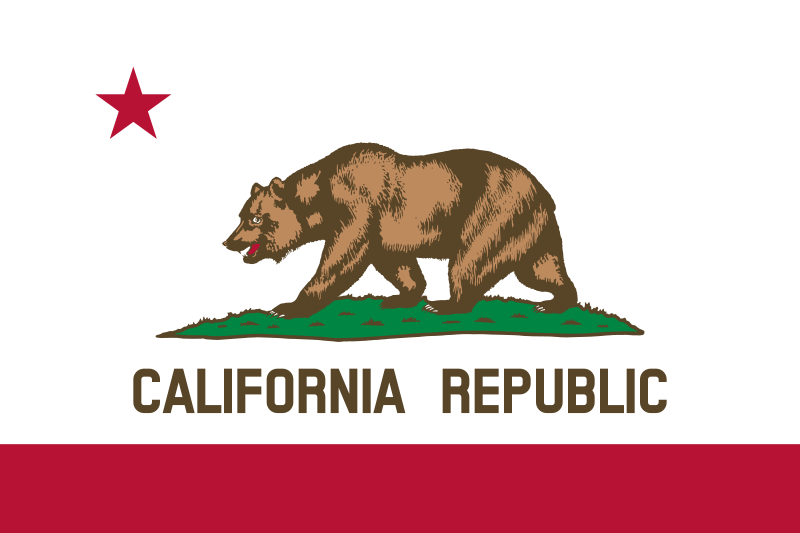In California, more than $525 million has been raised to support or oppose this year’s 12 general election ballot measures through September 19. The next campaign finance deadline—and the final one before the election—in California is October 24. So far, there are four ballot measures that have seen more than $50 million raised.
Proposition 22, which would define app-based drivers as independent contractors, is leading the pack with $194.99 million between supporters and opponents. Yes on Proposition 22 received $184.3 million from five app-based firms—Uber, Lyft, DoorDash, InstaCart, and Postmates.
In October 2019, Brandon Castillo, a spokesperson for the campaign, stated, “We’re going to spend what it takes to win. It’s been widely reported that three of the companies already shifted $90 million, but we’re still in the early phases. The bottom line is: We’re committed to passing this.”
The campaign No on Prop 22 received $10.7 million. The International Brotherhood of Teamsters, SEIU-UHW West, Service Employees International Union, United Food & Commercial Workers Local 770, and United Food & Commercial Workers Western States Issues PAC—labor unions or union-affiliated committees—were the top-five donors to No on Prop 22.
Proposition 23, which would create new physician and data requirements for chronic dialysis clinics, is a continuation of the conflict between the SEIU-UHW West and dialysis businesses that also resulted in Proposition 8. In 2018, Proposition 8 was the country’s most expensive ballot measure. The SEIU-UHW West raised $6.21 million for Proposition 23 through September 19. No on 23 received $93.06 million from four dialysis firms—DaVita, Fresenius, U.S. Renal Care, and Dialysis Clinic, Inc.
Proposition 15 would require commercial and industrial properties, except those zoned as commercial agriculture, to be taxed based on their market value, rather than their purchase price. Yes on 15 received $42.9 million, including $11.76 million from the California Teachers Association. Both Chan Zuckerberg Advocacy and SEIU California State Council provided the campaign with more than $7 million each. Opponents, organized as seven political action committees, raised $29.91 million. The California Business Roundtable provided $13.36 million for the opposition campaign.
Like Proposition 23, Proposition 21 follows a similar conflict from 2018. In 2018, voters rejected Proposition 10, which would have repealed the state’s law limiting local government use of rent control. The AIDS Healthcare Foundation, which backed Proposition 10, is sponsoring the campaign in support of Proposition 21, an initiative to allow local governments to enact rent control on housing that was first occupied over 15 years ago. Yes on 21 received $24.01 million, including $23.94 million from the AIDS Healthcare Foundation. No on Prop 21 and allied political action committees raised $41.49 million, including $6.6 million from the Essex Property Trust, $5.6 million from the California Business Roundtable, and $5.5 million from Equity Residential.
In 2018, there were 11 statewide measures on the general election ballot in California. Campaigns supporting and opposing the 11 measures received $362.6 million through the entire election cycle. In 2016, there was a total of $497 million in ballot measure campaign contributions for 18 measures.
There are still 45 days from the most recent campaign finance date (September 19) to the election on November 3, 2020, for campaigns to raise and spend funds. More than 1/3 of the total contributions raised in 2018 were received between late September and the end of the election cycle.
Campaigns supporting and opposing all 128 statewide measures on the ballot in 34 states in 2020 have raised a total of $803.7 million.
Additional reading:
Ballot measure campaign finance, 2020
This article was updated on Oct. 2 at 6:10pm to correct a typo that erroneously stated that the AIDS Healthcare Foundation is sponsoring a campaign in support of Proposition 23. It has been corrected to state that they are sponsoring a campaign in support of Proposition 21.


